
Does your baby support their own weight?
Key points: The article discusses a new developmental milestone that babies can reach around four months old, which involves supporting weight on their…
Discover the key milestones of physical, cognitive, linguistic and socio-affective child development and understand the science behind child development.
Discover the key milestones of physical, cognitive, linguistic and socio-affective child development and understand the science behind child development.

Key points: The article discusses a new developmental milestone that babies can reach around four months old, which involves supporting weight on their…

Key points: Not all babies learn to crawl in the traditional way or at the same age, but it is important that they…
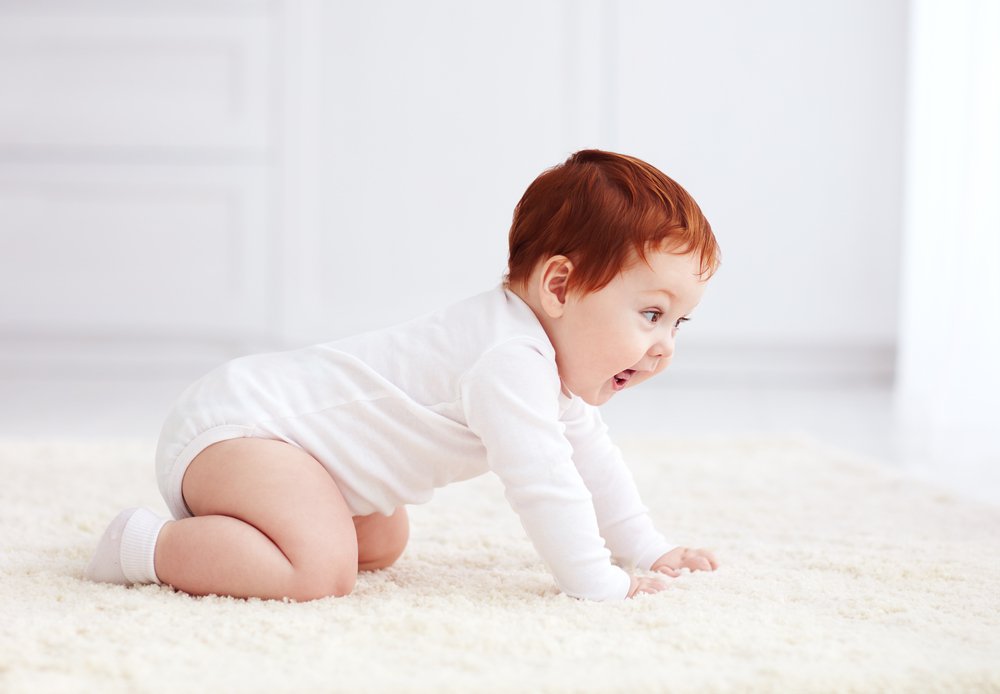
Key points: Babies have an innate desire to move and explore their surroundings before they reach one year old. Crawling is an important…
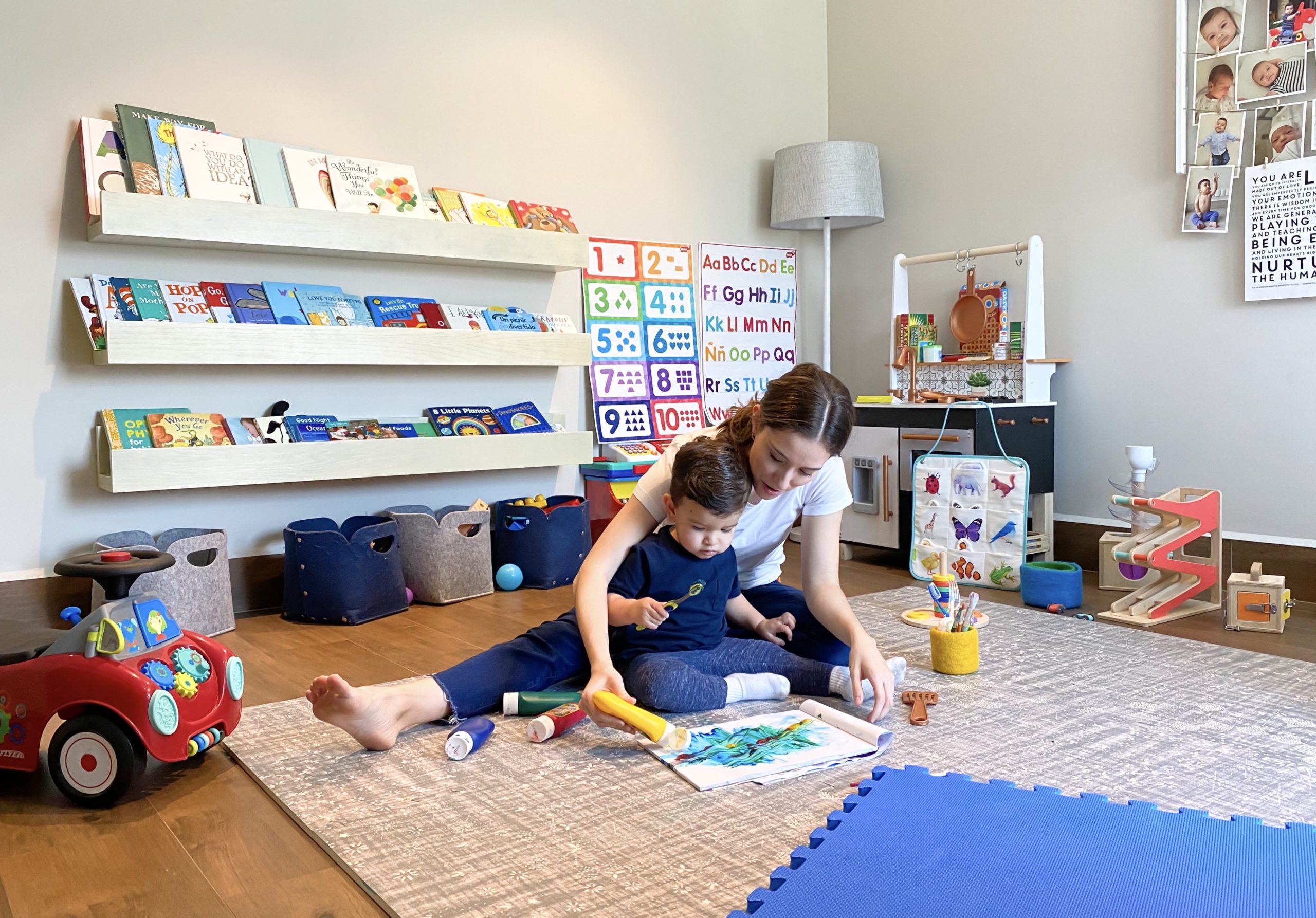
Key points: Motherhood goes beyond being just a mom, especially during challenging times. Coping strategies include embracing creativity, bonding through activities, and fostering…
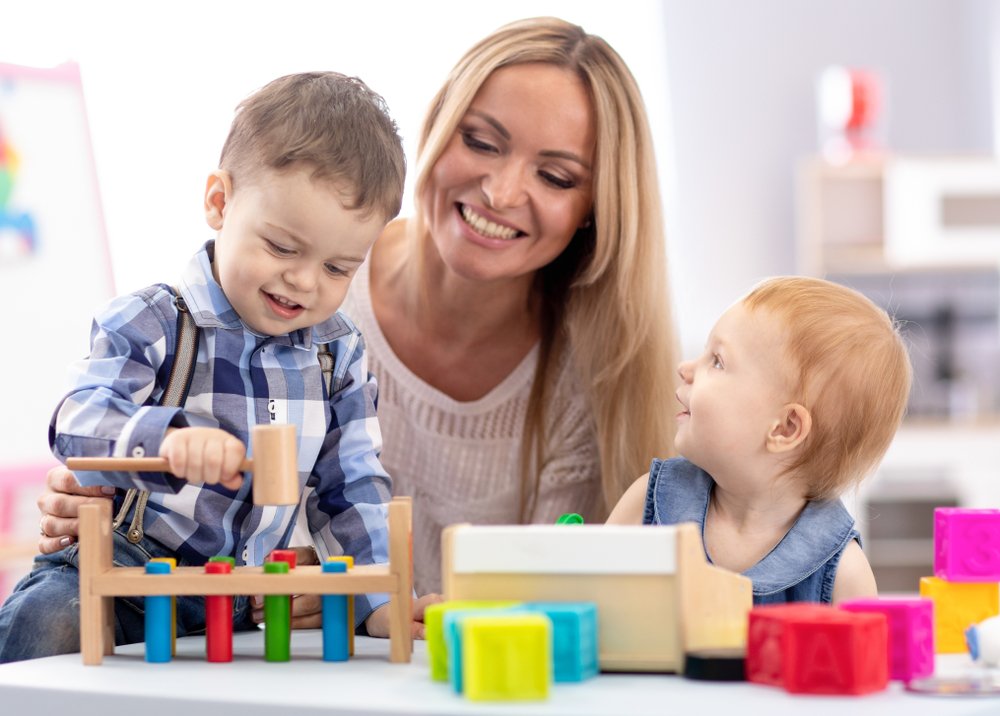
Key points: Executive function involves working memory, self-control, and mental flexibility. It starts developing in early childhood through cognitive, physical, emotional, and linguistic…
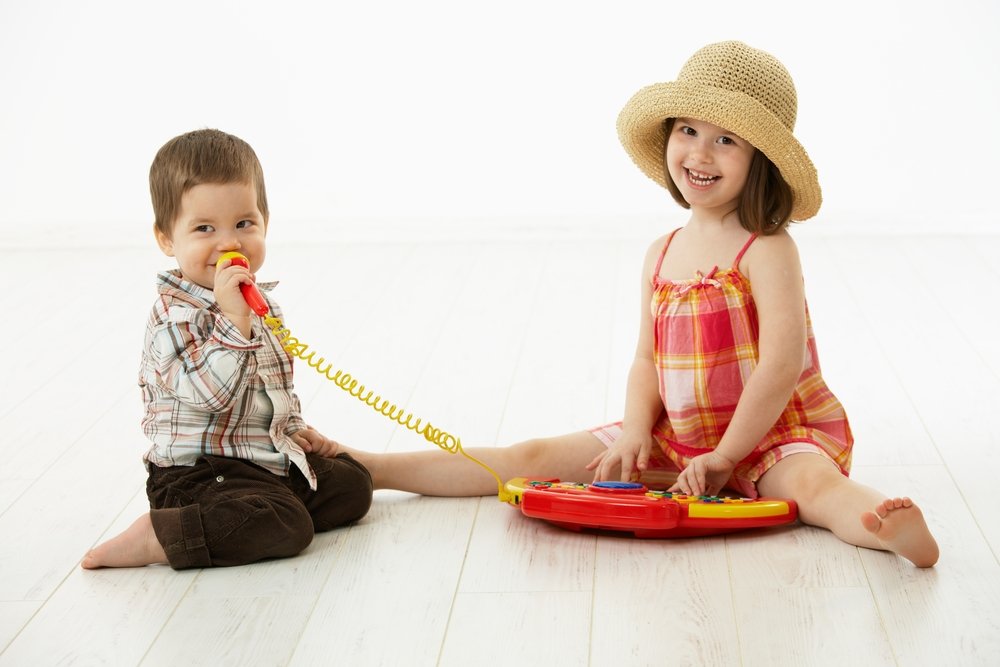
Key points: Socioemotional benefits: Singing is a shared activity that builds social skills, regulates emotions, and models self-care. Physical, cognitive, and linguistic benefits:…
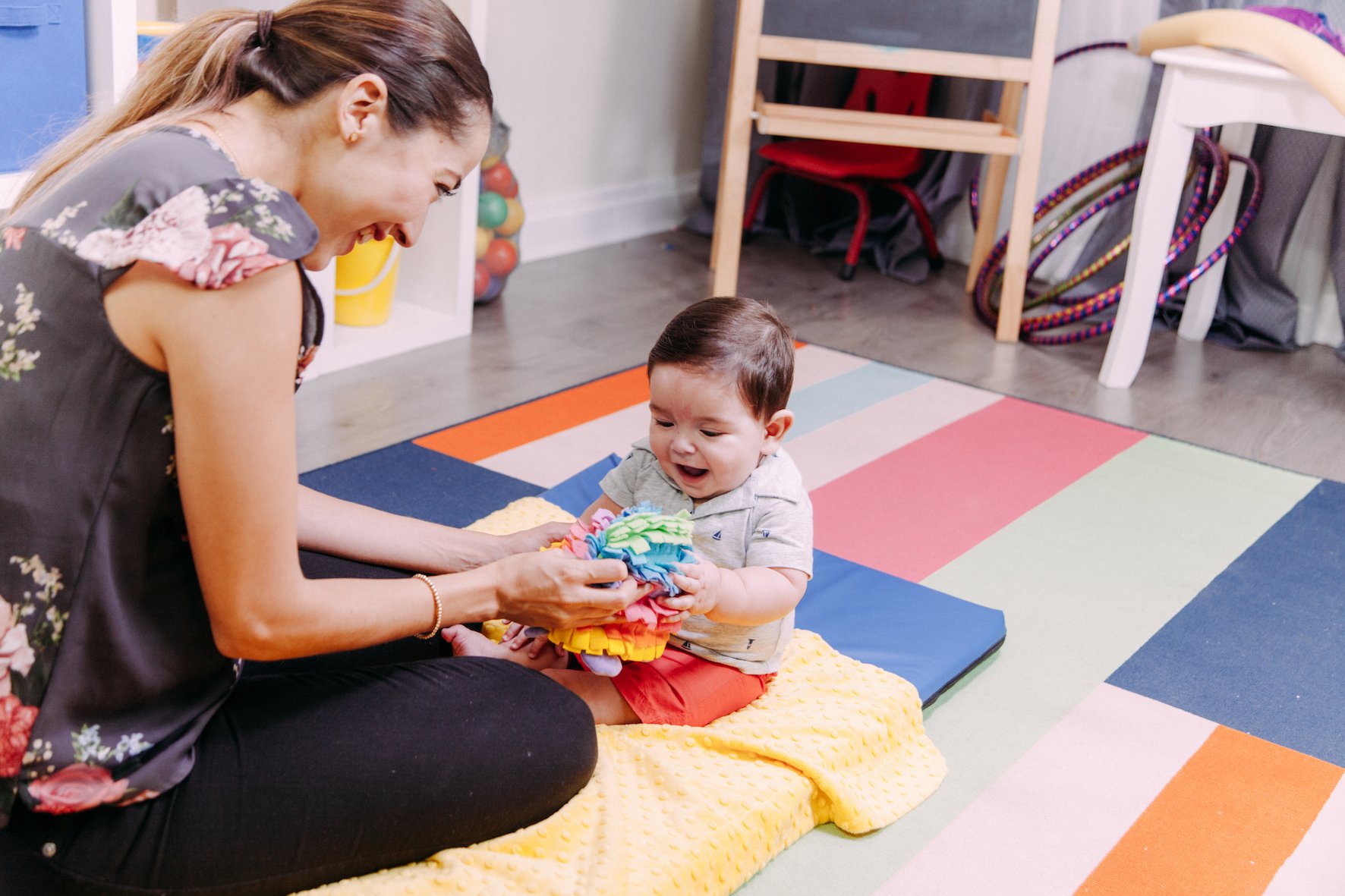
Key points: Kinedu aims to simplify child development with easy, research-backed activities for parents. Activities are designed to target specific milestones and draw…
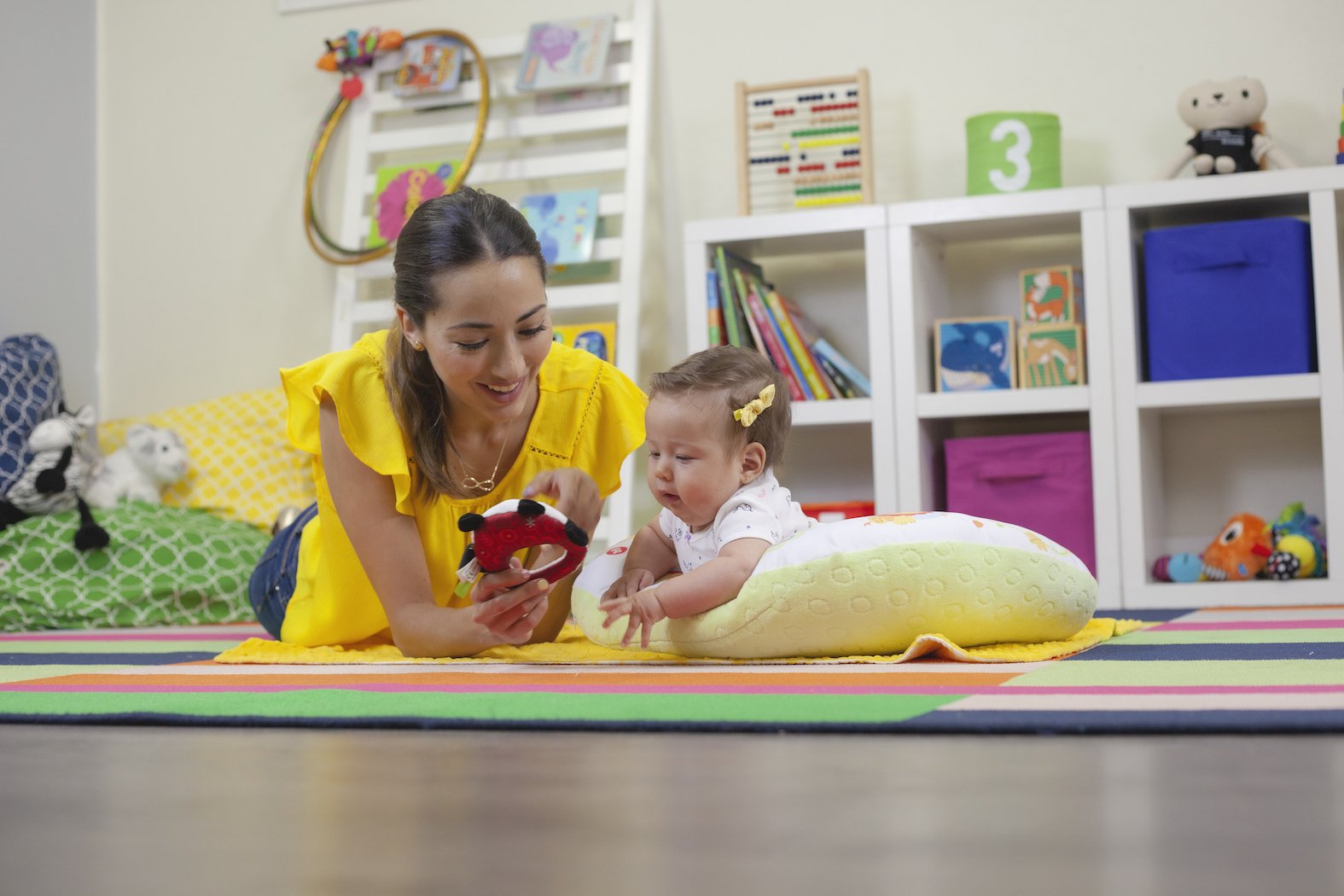
Key points: Kinedu team adapts to remote work while offering the app for free to parents worldwide during quarantine. Luis, CEO of Kinedu,…

Find tips and tricks for supporting your child’s development from home. There’s a lot of information to process right now. To help you…
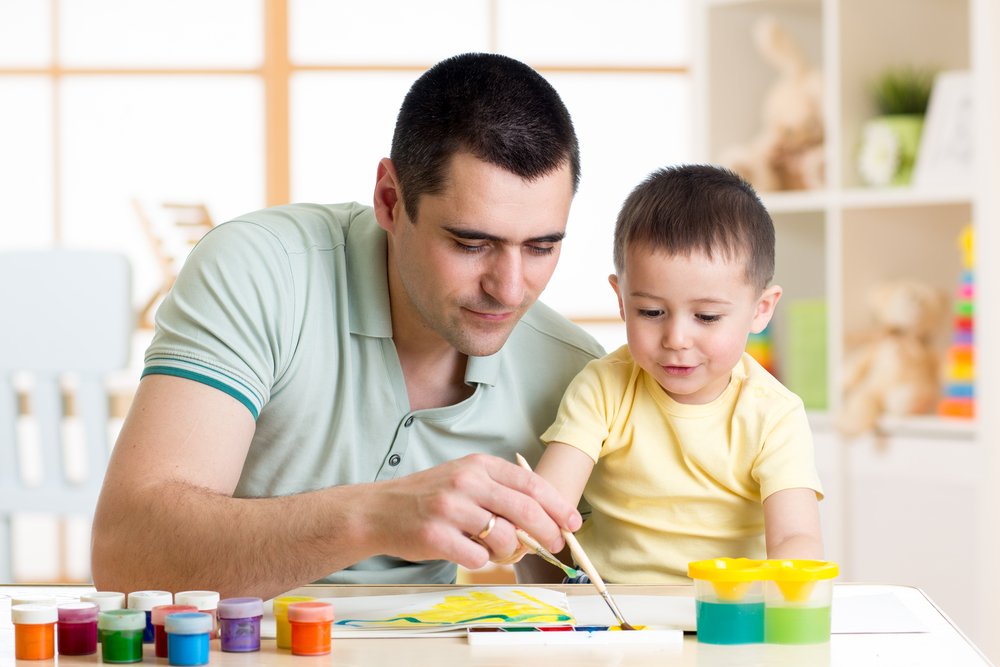
We share a few simple ways to keep kids on track and engaged while schools are closed. More than 300 million children around…

Key points: Play is crucial for a happy, healthy childhood. Recognizing its decline, the American Academy of Pediatrics recommends “prescriptions for play.” Beyond…

Key points: Early childhood development (ECD) doesn’t follow a predictable, linear path, and is influenced by a child’s environment, culture, and relationships. Language…
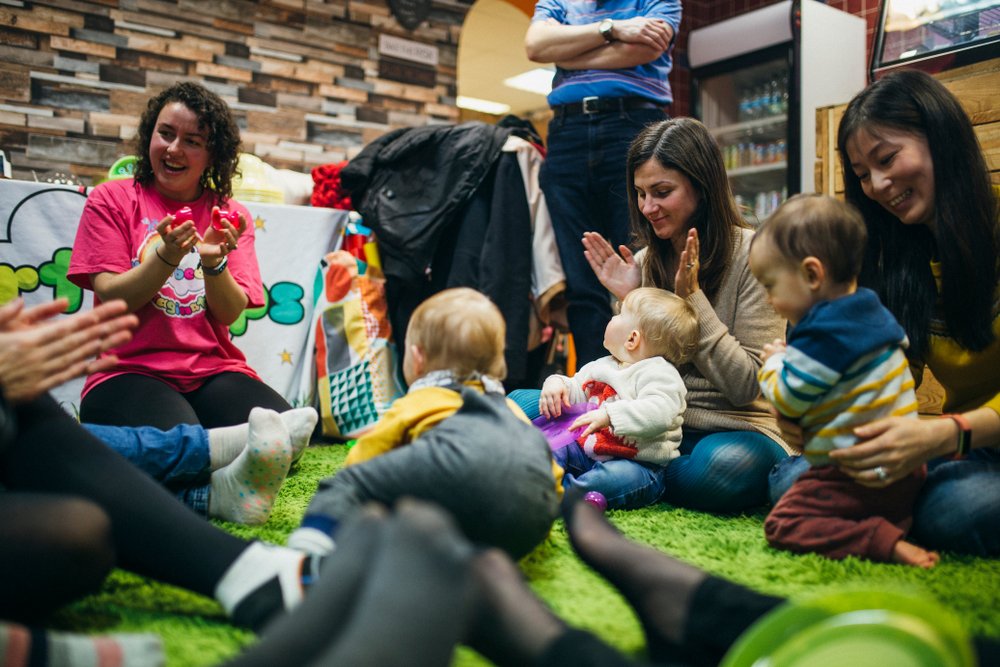
Key points: Singing to your baby has developmental and emotional benefits, including strengthening your parental bond and teaching your child how to listen…

Key points: Experts are calling “distracted parenting” or “partial attention parenting” a concerning new phenomenon that could be detrimental to children’s social and…

Key points:Book recommendations for Valentine’s Day: Todd Parr’s “”The I Love You Book.”” Anna Dewdney’s “”Llama Llama I Love You.”” Laura Numeroff’s “”Happy…

Key points: Siblings of children with special needs may be overlooked due to the focus on therapy and appointments. Special attention can be…

Key points: Vivimos en un mundo dominado por la impaciencia que puede crear una sensación de derecho y desdibujar la línea entre deseos…
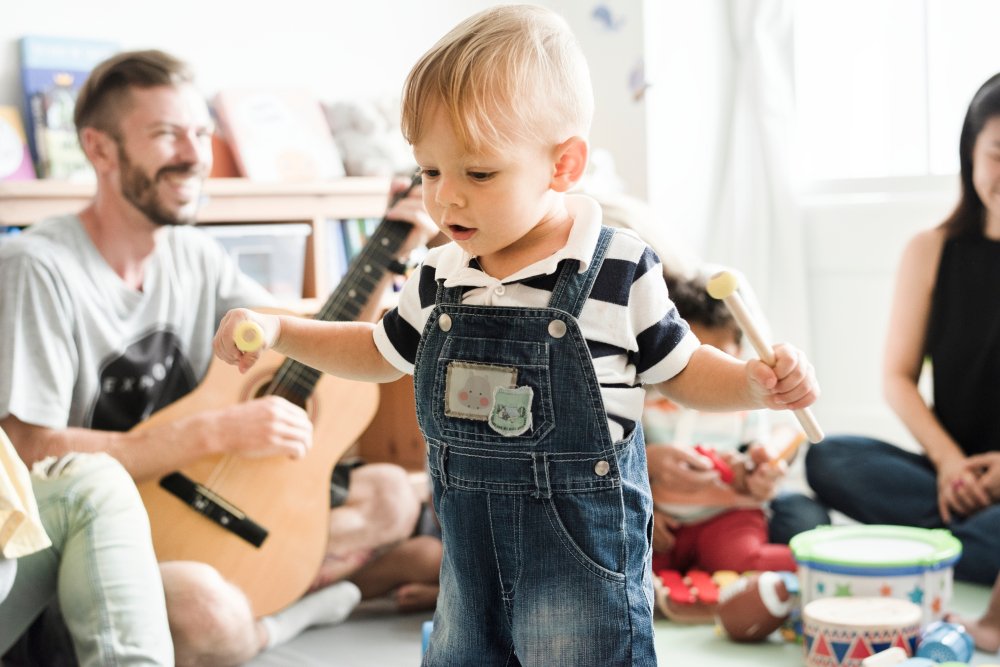
Key points: Dancing helps in developing the thinking and gross motor skills of a child. Parents can start fostering their child’s musical and…

Key points: Positive communication with children is fundamental for their development, building their confidence, resilience, and grit, and providing them with a model…

Key points: Less is more: Set 1-3 resolutions for kids, use visuals, like a responsibility chart. Ensure consistency across environments. Be a consistent…
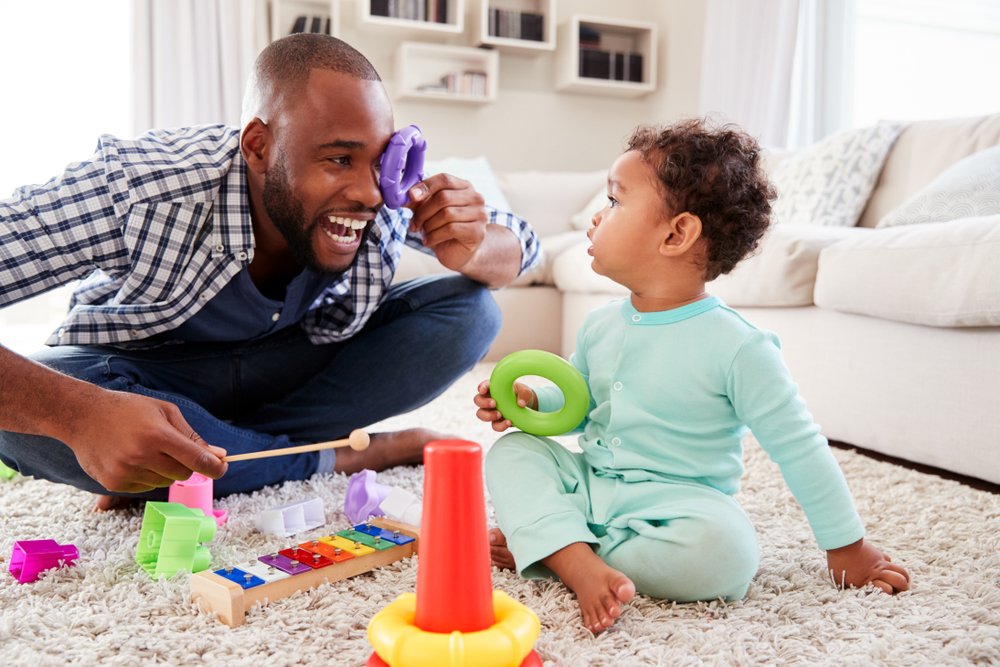
Key points: Serve and return are back and forth interactions between a parent and a child, where the adults share the little one’s…